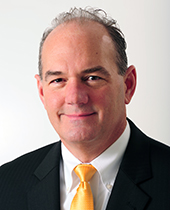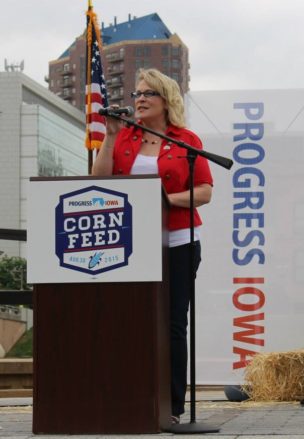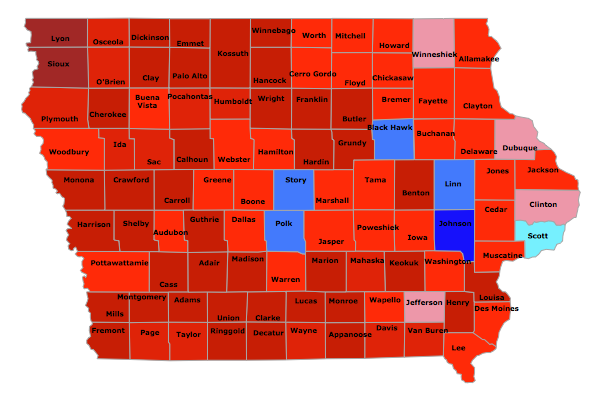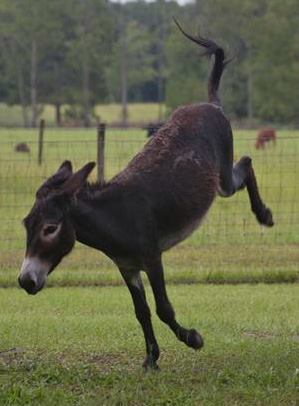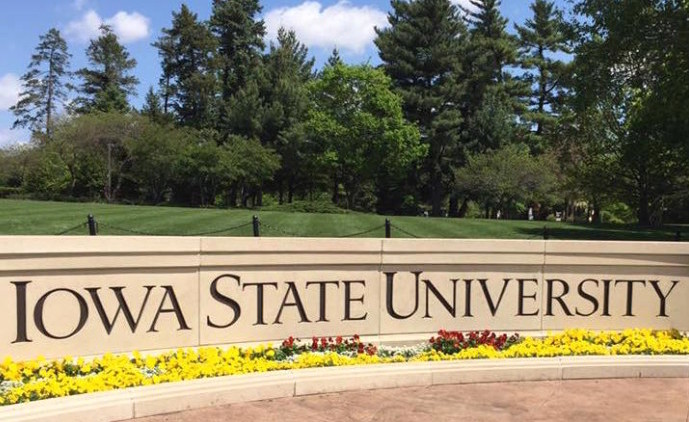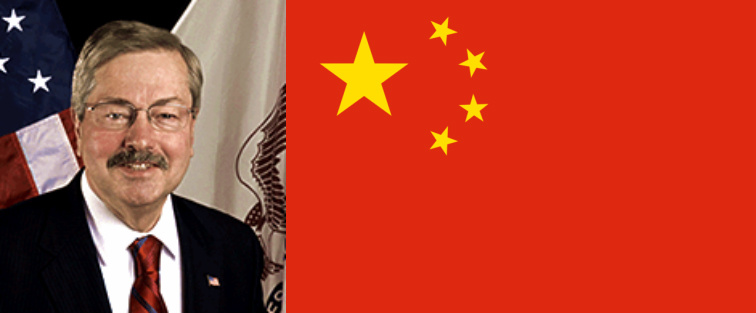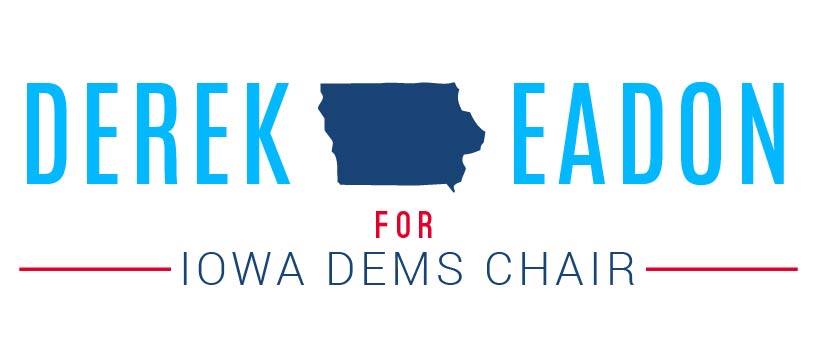Having spent most of this week buried in the Iowa Board of Regents internal audit of Iowa State University’s Flight Service during President Steven Leath’s tenure, I’m catching up on the campaign to become the next Iowa Democratic Party state chair. We should all be thankful eight good people are interested in the job after this year’s horrendous outcome, especially in what used to be Iowa’s “blue” eastern half. Barack Obama carried 53 Iowa counties in 2008 and 38 counties in 2012, but Hillary Clinton won a plurality in just six counties this year. The coming midterm election will pose additional challenges for Iowa Democrats.
The brave souls hoping to lead the party forward, in the order that they announced their candidacies, are Kim Weaver, Sandy Dockendorff, Kurt Meyer, Julie Stauch, Blair Lawton, Derek Eadon, Mike Gronstal, and Bob Krause. I posted background on the first six candidates here. All of them decided to stay in the race after longtime Iowa Senate Majority Leader Gronstal declared he would seek the position. Krause was the final candidate to join the race. UPDATE/CLARIFICATION: A reader thought I was implying that other candidates should have bowed out for Gronstal. I did not mean to suggest that anyone should have stepped aside and do not plan to endorse a state party chair candidate. I welcome a robust competition to lead the party. For too many election cycles, the State Central Committee rubber-stamped one political heavyweight’s opinion.
Seven of the eight candidates spoke at a forum in Des Moines on December 16 and presented to State Central Committee members the following morning. Pat Rynard shot a video of the forum and wrote up some highlights at Iowa Starting Line. Rynard and Radio Iowa’s O.Kay Henderson both tweeted highlights from the SCC meeting. Recurring themes included the need to improve messaging and outreach to rural areas. UPDATE: Videos of each candidate’s presentation to the SCC meeting are available on the Iowa Democratic Women’s Caucus Facebook page. Henderson posted an article at Radio Iowa.
Gronstal was absent because of a trip planned long before he decided to run for state party chair. Ingrid Olson, a Council Bluffs resident who was a Bernie Sanders delegate to the Democratic National Convention, spoke to SCC members on Gronstal’s behalf. She emphasized Gronstal’s long work in the trenches, fighting for many causes. One of the plaintiffs in the Varnum v Brien case that led to the Iowa Supreme Court’s marriage ruling, Olson praised Gronstal for being willing to “put a target on his back” in order to defend marriage equality. To his credit, Gronstal immediately welcomed the Supreme Court’s decision. He forcefully and repeatedly rejected Republican calls for a vote on a constitutional amendment to overturn it.
Olson’s support for Gronstal is understandable, given her strong personal investment in a cause he championed. On the other hand, after reading her harsh post-election assessment, I didn’t expect her to back one of the longest-serving Iowa Democratic politicians, who also happened to be a DNC superdelegate for Clinton, for state party chair. In that commentary, Olson slammed the insiders who (in her view) “anointed” Clinton “because all the ‘good old boys’ in the Dem elite knew it was ‘her turn’.” Speaking to the SCC yesterday, Olson acknowledged Gronstal “has been around a long time, but it’s because he’s weathered more storms than I can even imagine.”
Representative Dave Loebsack, the only Iowa Democrat left in Congress, announced near the end of the State Central Committee meeting that a committee will “systematically” review what went wrong for the party here in 2016. Outgoing state party chair Andy McGuire indicated that the effort will be more in-depth than a “typical analysis.” The committee members will include “Loebsack as the honorary chair, his campaign manager, four SCC members, three campaign professionals, a member from the Iowa House and Senate and members of the IDP staff.” Members will “conduct a listening tour of activists, volunteers and party stakeholders” and “hold a professional focus group” before submitting their report in April.
Among many angles that need to be investigated, I hope to learn more about what happened with the early vote program. We need to understand why Clinton didn’t carry absentee voters by a larger margin. Whether because of poor targeting or inadequate persuasion, Democratic field organizers and volunteers appear to have mobilized a lot of early voters who ended up not marking the ballot for Democratic candidates.
Bleeding Heartland has posted guest commentaries by Stauch, Meyer, Eadon, Dockendorff, and Lawton. I’ll publish Weaver’s contribution soon. UPDATE: It’s online here. You can read Gronstal’s announcement message to SCC members here and Krause’s case for his candidacy here.
No one has a monopoly on understanding what went wrong and how to fix it. I welcome viewpoints from any Iowa Democratic activist. So far Pete McRoberts, Sue Dvorsky, Tim Nelson, Ben Nesselhuf, Claire Celsi, Tracy Leone, John McCormally, Paul Deaton, Bill Brauch, Laura Hubka, and Jeff Cox have shared their insights here. It’s easy to create a Bleeding Heartland account; the link to register is near the upper right corner of the front page.
This post is an open thread: all topics welcome.


